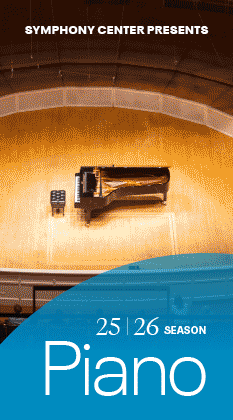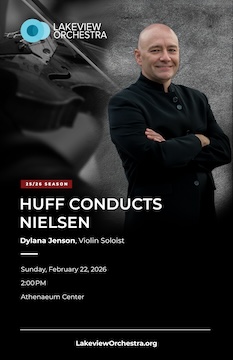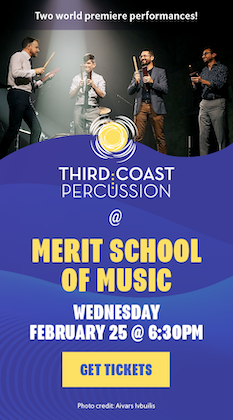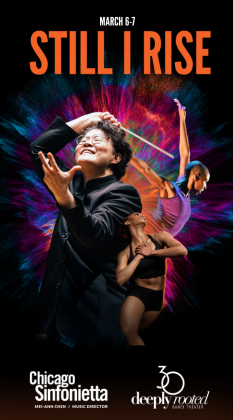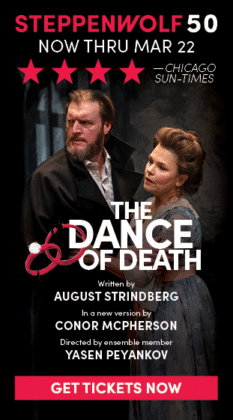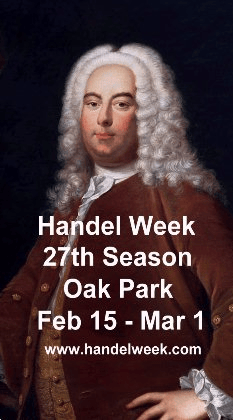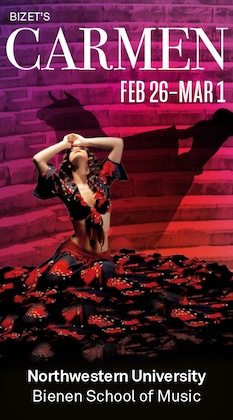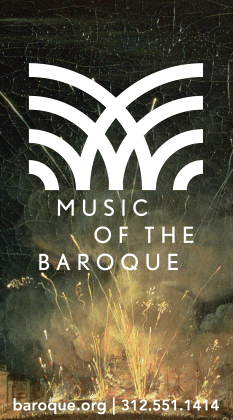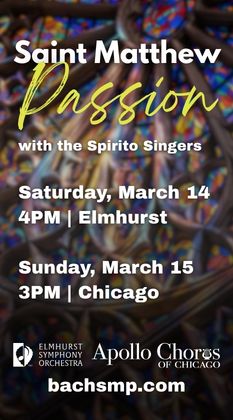Lindberg’s work sparks a compelling season opener for MusicNOW
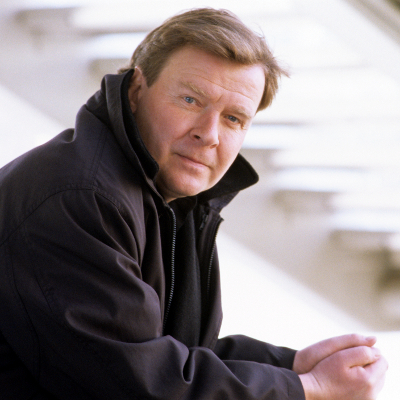
MusicNOW opened its season Monday night at the Harris Theater with a concise but compelling program that got the Chicago Symphony Orchestra’s new-music series off to a worthy start.
Just three works were heard, a tight lineup compared to some of this series’ overstuffed (and often wildly uneven) concerts last season: one by CSO composer-in-residence Anna Clyne, a brief item by her young compatriot Edmund Finnis, and a large-scale work by Magnus Lindberg to close the evening.
Clyne wrote her Roulette in 2007 for the string quartet Ethel, and the work is featured on her debut recording, Blue Moth. In this work, the amplified players are backed by an electronic soundtrack. Roulette opens with a long, astringent melody, and the tempo soon accelerates into a jagged, sharp-edged driving section, with a darkly lyrical theme near the end.
As always with Clyne’s string works—most notably in her moving and beautiful Within Her Arms—the cellist-composer’s writing is deftly crafted and has a communicative emotional resonance.
The problem here is she has overlaid the quartet with a series of electronic sounds that merely distract from the live music and do nothing to enhance the piece or add to the performance. Much of the plugged-in cacophony consists of a woman’s sudden intakes of breath, and surprised-sounding vocalise. There is raw material for a terrific string quartet in Roulette, and the music would be better off without the Lamaze method obbligato. The CSO members (violinists Yuan-Qing Yu and Susan Synnestvedt, violist Diane Mues and cellist Jonathan Pegis) provided fully committed playing.
Clyne’s compatriot Edmund Finnis wrote his Unfolds in 2011 (revised this year). Inspired by the grid paintings of Agnes Martin and the light, translucent architecture of Junya Ishigami, Unfolds attempts to create a similar “thoughtful lightness” in sound.
Scored for mixed quintet (flute, clarinet, horn, violin and cello), the work centers on the opening see-sawing melody. There is often an attractive delicacy in this music, which—even with its sudden outbursts of violin bravura—rarely rises above mezzo-forte. Still, Unfolds is rather repetitive even for just seven minutes and the material decidedly slender.
One can’t make that claim about Magnus Lindberg’s Souvenir (In memoriam Gerard Grisey). The Finnish composer wrote this work in 2010, in part as a tribute to the Darmstadt composer Grisey.
Cast in three movements spanning 25 minutes, Souvenir is a symphony in all but name. Unlike many of his scores, often written for Brobdingnagian forces, Souvenir is crafted on a smaller scale for just 18 musicians, yet the work pulses with intense rhythmic dynamism and varied colors and creates a huge sonic impact.
Lindberg is a difficult composer to pigeonhole. The work opens imposingly with a big chord topped by a gong and this music seems to center on a kind of restless nerve-wracked tension and jumpy ebb and flow. There are passing lyrical fragments—-as with the middle movement’s cello solo, well played by Pegis—but such moments are quickly snapped off by the turbulent winds and brass. The feeling is one of unsettled yet determined energy and Lindberg’s kaleidoscopic scoring and constantly shifting meters and textures consistently hold your interest. In the closing sections, the lyrical gestures are allowed to expand a bit more and Souvenir ends on a surprisingly optimistic C major chord.
Conductor Edwin Outwater led an alert performance, with clear textures and sure dynamic control, and the ensemble delivered playing of full-tilt commitment and bristling energy. Lindberg is a fascinating composer, whose music we need to hear more of in Chicago.
Posted in Uncategorized
